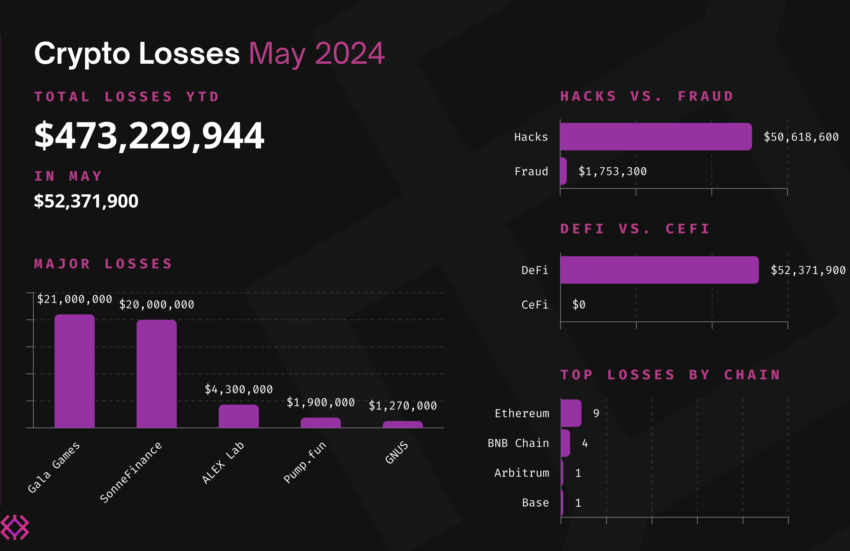[ad_1]
Japanese crypto exchange DMM Bitcoin has announced a 50 billion yen ($321 million) fundraising plan. The funds will be used to purchase Bitcoin to compensate customers affected by the recent hack.
DMM Bitcoin operates under the umbrella of DMM.com, an enterprise active in several sectors, including entertainment, technology, and renewable energy. It is led by CEO Keishi Kameyama.
Japanese Regulators Demand Investigation Into DMM Bitcoin Hack
On Wednesday, DMM Bitcoin shared details of its fundraising strategy. The company aims to raise funds from its group companies through a 48 billion yen (~ $ $307.8 million) capital increase and 2 billion yen (~ $ $12.8 million) in subordinated debt.
This financial maneuver is designed to minimize any potential impact on the Bitcoin (BTC) market while acquiring crypto assets.
“It’s difficult for outsiders to pass judgment on the exchange’s plan to raise funds since it involves other companies that also belong to the broader DMM.com Group,” Yuya Hasegawa said.
Read more: Crypto Project Security: A Guide to Early Threat Detection
The unauthorized outflow involved 4,502.9 Bitcoin. Based on the current market price of nearly $71,000, this incident is the seventh-largest crypto theft recorded, according to blockchain analytics firm Chainalysis. This loss highlights persistent security vulnerabilities within digital asset exchanges and intensifies concerns over their security frameworks.
Reacting swiftly, Japan’s Financial Services Agency has called for an in-depth examination into the origins of the breach and the strategy for compensating affected customers. Finance Minister Shunichi Suzuki has also underscored the government’s dedication to bolstering security measures to thwart future incidents.
This breach is not an isolated incident in Japan’s crypto industry but part of a larger pattern of significant hacks, with earlier episodes including the Mt. Gox collapse in 2014 and the CoinCheck breach in 2018. In an interview with BeInCrypto, Mati Greenspan, CEO of Quantum Economics, reflected on the recurring security issues in the Japanese crypto sector.
“The first was Mt. Gox in 2014 and then CoinCheck in 2028. You’d think by now people would learn not to leave their crypto on these centralized exchanges. Both of the previous hacks effectively halted crypto adoption in Japan for quite a while. I suspect this time will be no different as people often learn the wrong lesson from these type of things,” Greenspan told BeInCrypto.
Despite the grim circumstances, the overall crypto sector shows signs of resilience and adjustment. Data from 2024 reveals a 20% decrease in losses due to crypto-related crimes compared to the previous year.
Read more: Top Crypto Bankruptcies: What You Need To Know

Crypto Losses May 2024. Source: Immunefi
Specifically, May 2024 saw a 12% decline in such incidents compared to May 2023.
[ad_2]

